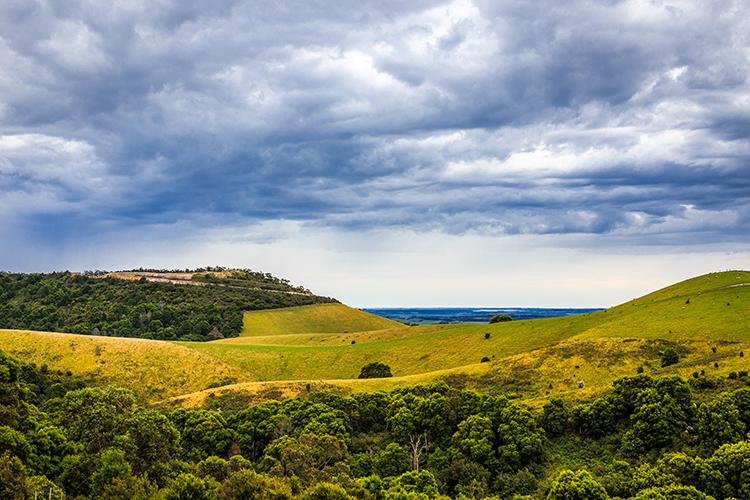The Gippsland Region has one of the most carbon exposed economies, facing a significant energy transition. RDA Gippsland is driving regional economic transformation by positioning the region as a national leader in renewable energy investment and net zero innovation. Through strategic partnerships and targeted whole of community engagement, RDA Gippsland is unlocking pathways for community, business and industry to actively participate in—and benefit from—the expanding clean energy economy.
This is being progressed through supporting a number of key projects, including:
- Gippsland New Energy Conference—what started as a small but important opportunity to engage, connect and inform community about the energy transition, the Gippsland New Energy Conference is now the largest regional renewable energy conference in Australia. The Conference convenes government, community, business and industry to explore investment opportunities, workforce needs, and innovation in the renewable energy and circular economy sectors. The Conference is recognised internationally, in 2025 partnering with the Global Wind Energy Council and Asia Pacific Wind Energy Summit to provide an extended program to international delegates.
- Gippsland Offshore Wind Energy Coalition—a regional offshore wind advocacy coalition in Gippsland raising critical policy and infrastructure issues to support the development of Australia's offshore wind industry. The Coalition plays a vital role in aligning local priorities with national energy transition goals.
Most notably, RDA Gippsland commissioned—in collaboration with South Gippsland Shire and Latrobe City Council—a Renewable Energy Readiness and Impact Study. This study was developed in anticipation of the Federal Government's declaration of Gippsland as Australia's first offshore wind energy zone. RDA Gippsland prioritised this work, recognising the need to support informed dialogue and inclusive planning to address inevitable community questions about the potential opportunities, impacts and unintended consequences of the declaration.

Image: Landscape in Victoria's Gippsland region.
This work has identified supply chain opportunities, including recommendations for the development of construction, labour and trades, parts manufacturing, transport, logistics and professional services. It also explores critical industry enabling functions such as housing, availability of serviced industrial land, health and childcare services, as well as transport infrastructure.
Wellington Shire Council, partnering with South Gippsland Shire Council, were also successful in securing $4.73 million from the Federal Government's regional Precincts and Partnerships Program to deliver the Renewable Energy Land and Infrastructure Plan, a key priority identified in the study. The Plan aims to open land for development and ensure the region is ready to welcome large-scale workforce and industry investment linked to offshore wind, preparing the community to thrive alongside renewable energy development.
Note: Case study current as at 28 October 2025.